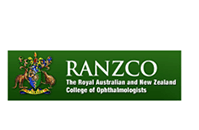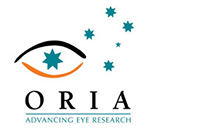Am I at Risk of Glaucoma?
Glaucoma is a group of eye diseases characterised by the damage of the optic nerve and reduction of the peripheral visual field. Anyone can develop glaucoma, but there are many risk factors that can increase your chances:
- Age: risk increases with age
- Ethnic background: Asian, African or Afro-Caribbean origins
- Family history of glaucoma: If you have a family member with glaucoma
- Medical conditions: low blood pressure, short-sightedness, long-sightedness, migraine, Raynaud’s syndrome
- Ocular conditions: pseudoexfoliation syndrome, pigment dispersion, corneal surgery, retinal detachment surgery, uveitis, trauma
- Medications: anti-depressants, anti-psychotics, anxiolytics
- Increased intraocular pressure (IOP)
- Thinness of the cornea (out layer of tissue)
- Abnormal optic nerve anatomy
Regular eye check-ups can help detect glaucoma in its early stage and prevent irreversible damage. As a rule of thumb, get your eyes tested every two years after the age of 40 and every year after 60. If you have risk factors, then more regular checks may be indicated.







